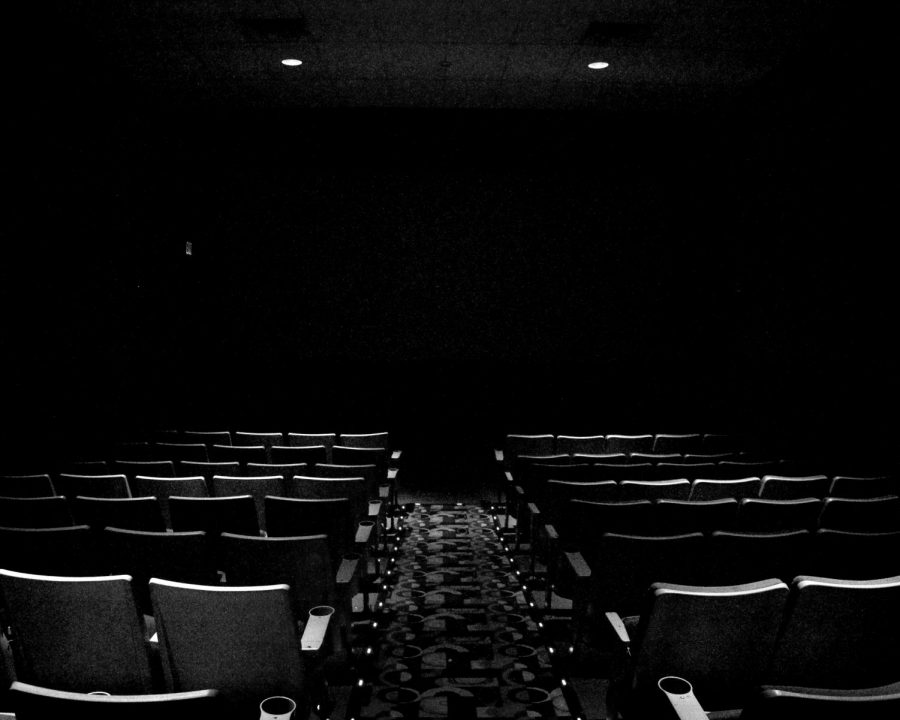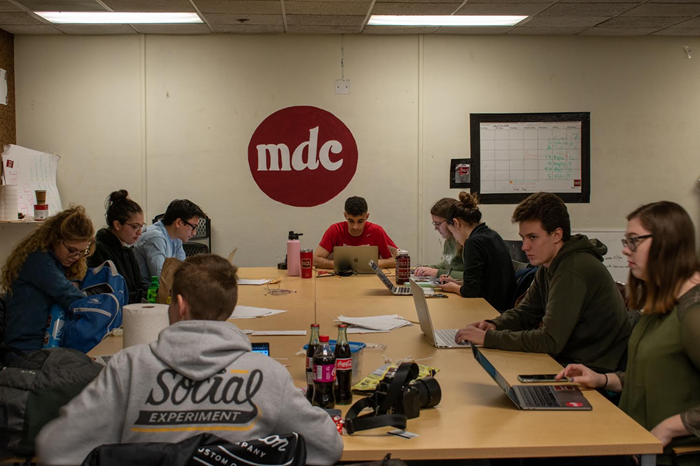In some parts of the United States, life is beginning to get back to a semblance of what could be considered “normal.”
Some movie theaters have gradually begun to re-open with limited capacity seating, and often with no concessions. However, Cineworld recently announced that they will be closing down their theaters again, which poses a problem for the movie studios in deciding how best to proceed in releasing their lineup of films without losing any potential revenue.
Many movie theaters saw the release of Christopher Nolan’s “Tenet” as a “cinematic savior” that would kick-start the return to moviegoing. Unfortunately, it proved that opening a blockbuster film during a global pandemic is a challenging and financially risky endeavor. “Tenet” had a budget of $200 million, and it only grossed about $9.5 million domestically its opening weekend. This is the lowest total for any film released in the last 32 years.
After “Tenet’s” failure at the box office, studios decided to push back the release dates of several major motion pictures that were originally set to come out this year. The upcoming James Bond film “No Time to Die” was pushed back to an April 2021 release date, a whole year later than planned.
Denis Villeneuve’s highly anticipated “Dune” was also recently pushed back, which upset cinema, sci-fi and Timothée Chalamet fans everywhere. The trailer boasted a release date of Dec. 18, however, it was announced that the release of the film will now be pushed back to Oct. 1, 2021. “Dune”’s new release date is the same date the new “Batman” film starring Robert Pattinson is set to be released, so now yet another highly anticipated film will likely be pushed back.
Without new films being released, many movie theaters fear they will not be able to stay open. The loss of movie theaters would mean the loss of a major cultural fixture of the past hundred or so years. Although many people are happy to stay at home and stream films on their laptops, one cannot ignore the cultural significance of going out to the cinema to see a film on the big screen. The loss of the movie theater industry could be a catastrophic cultural and economic moment.
It seems there is a disconnect at the moment with what sorts of activities people are willing to do in this coronavirus-ridden world. Some people have been returning to dining out or shopping at the mall, and some schools have been partially re-opening, but the thought of going to the movie theater for many people still feels unsafe. In some theaters where concessions are available, people can remove their masks to eat their popcorn and drink their soda during the film, but they are then expected to wear their masks when they are not eating. Oftentimes though, people neglect to put their mask back on if no one enforces this rule. In an article in Variety, film critic Peter Debruge said that when he saw “Tenet” in the theater, he found himself “distracted by the question of whether [he] could get reinfected by all the inconsiderate fans surrounding [him].”
Understandably, out of fear that people will be reluctant to return to theaters, studios have pushed back release dates to a time when the movies will hopefully be more prosperous in the box office. However, the theater industry itself may not be able to survive these setbacks. Only large theaters, such as AMC, will be able to financially support themselves if there are no new movies or movie-goers.
It is predicted that 70 percent of mid-sized and small theaters will not survive without governmental assistance. The National Association of Theater Owners (NATO) has sent a letter to Washington asking for specific relief for the film exhibition industry. This letter was signed by numerous famous filmmakers including Judd Apatow, James Cameron, Greta Gerwig, Christopher Nolan, Jordan Peele, Wes Anderson, Clint Eastwood and Ang Lee.
In a world that is already riddled with so much grief and chaos, the loss of movie theaters would contribute to the ever-increasing dystopic feel of the world we live in.
Nicole Bates can be reached at [email protected].



















